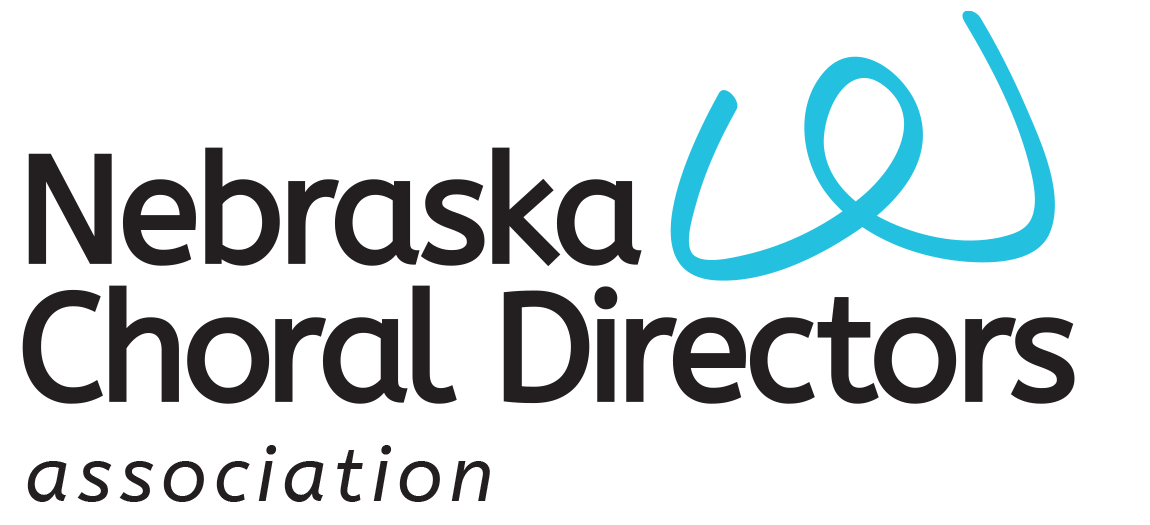It seems to be contagious. One administrator starts talking and sharing; the ESU gives the same idea, then districts jump into the game. The buzz words surrounding building relationships and creating more than just a classroom where kids spend much of their year listening and learning are all around. Now, a buzz phrase it may be, but building relationships with those that walk through the doors must be the primary focus of the vocal music room these beginning weeks of the school year. Without relationships in place, students are not going to care what they are singing, or for that matter, want to learn at all. It is the director’s job to start the ball rolling.
The effectiveness of making sure that students know the teacher as a human first and vice-versa is a fine line. It takes humor, humility, and belief in something larger than the concert that is currently under construction in the rehearsal room. It takes being willing to take the time and energy to know the students; to know why the octavo scores are never at school but left at home. Or why a student said their summer was terrible when the question of summer break comes up. Tim Elmore, Habitudes founder and CEO of Growing Leaders, places this value on relationships:
“While all teachers want to see results from their class, many fail to realize that great results stem from great relationships with the students.” (Elmore, 2013) It means making the final product secondary to the primary idea of connecting with students.
One may say that the music classroom lends itself well to building relationships; this is often true. The unity of learning and creating a song is an emotional experience, one that lends itself to building relationships right away, when guided correctly. This environment is based on the needs and inputs of others to make something greater than oneself. But to move beyond that, to look further into the students sitting in the room, it takes asking questions. Here are a few ideas to ponder beyond interests, hobbies, and job requirements: ask what the student values right now. It may be the choir room; it may not. To know that piece of information may make a connection between teacher and student come alive. Another to consider: if the student was sitting in the lunch room with a group of students and had to describe themselves so a stranger would be able to pick them out, what would the answer be?
It is rewarding knowing someone more than face value. All reading this would be inclined to agree. It takes time, a precious commodity. As the old saying goes, students don’t care about learning until they know that the teacher cares. Start this year on the balanced feet of one who listens and shares. Have a great year!
Elmore, Tim. Results Stem from Relationships. Growing Leaders. 30 April 2013. https://growingleaders.com/blog/results-stem-from-relationships/.
